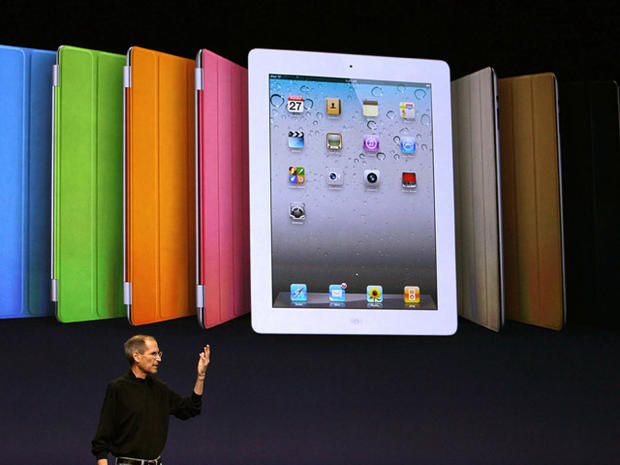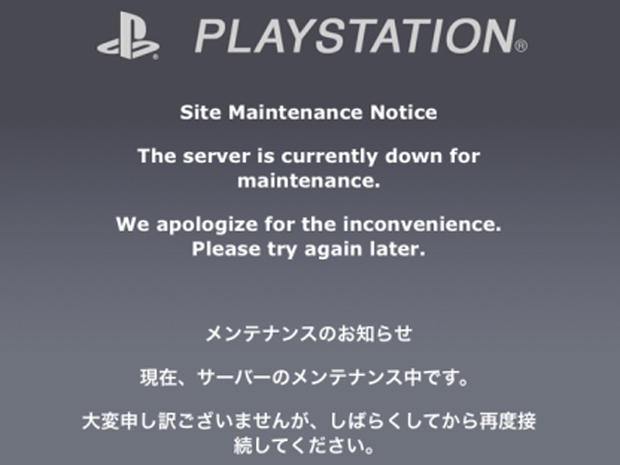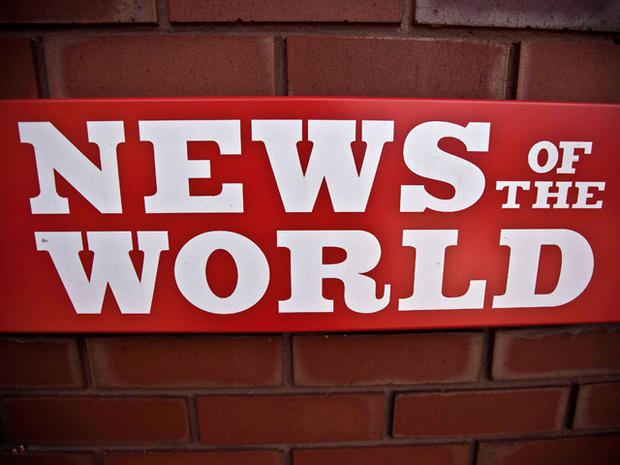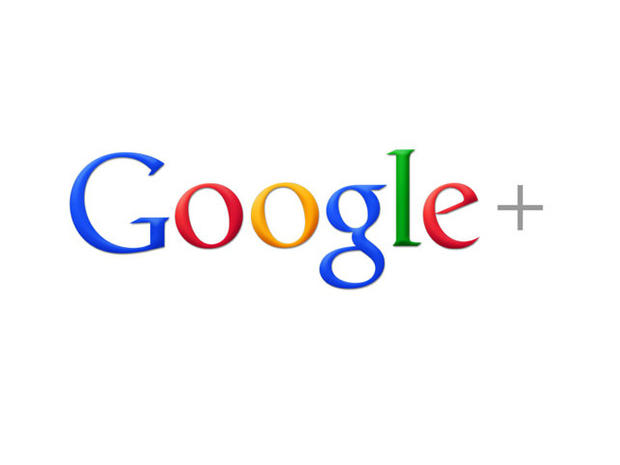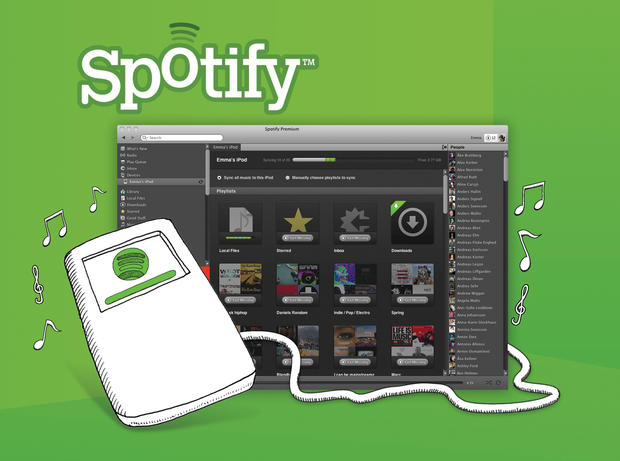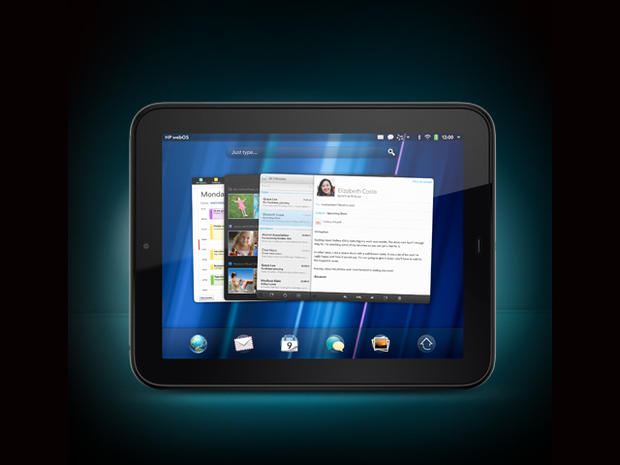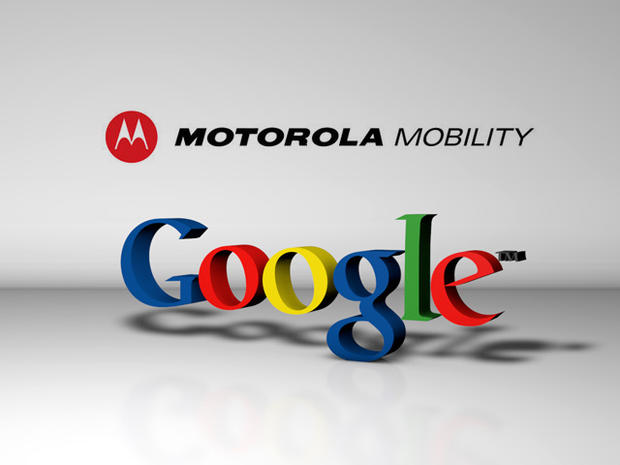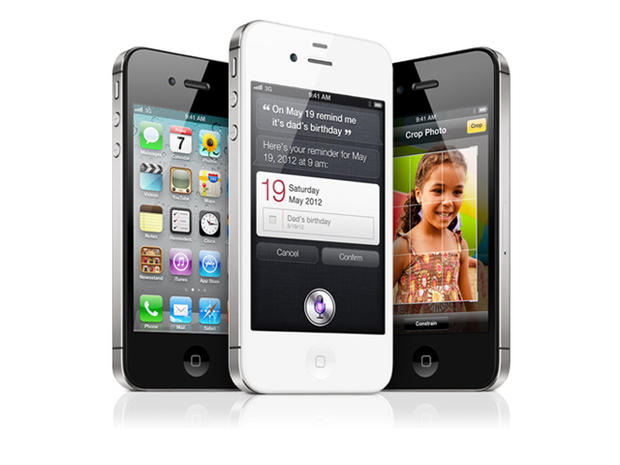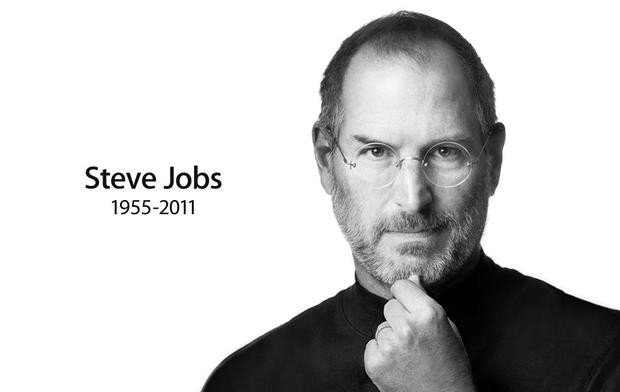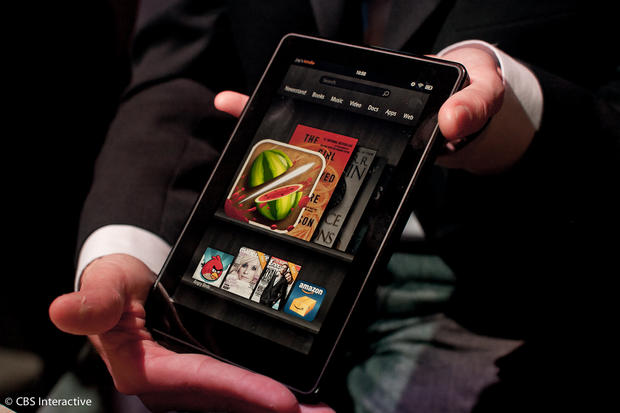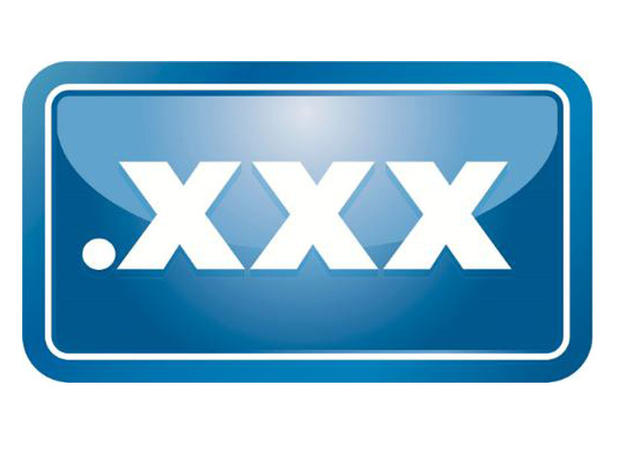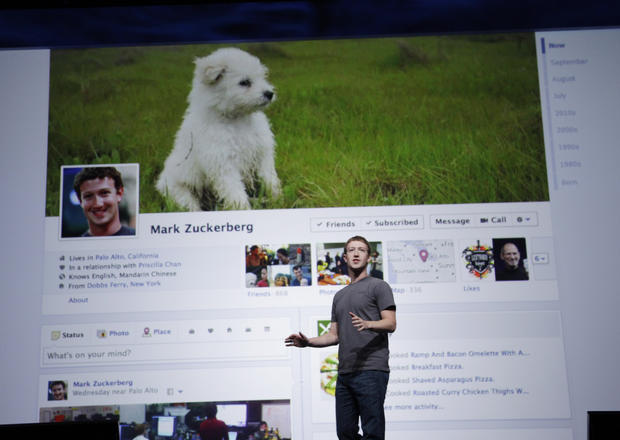2011 Year in Review: Technology
The Arab Spring technically began in 2010, but didn't gain traction and international awareness until early 2011. Protesters in countries including, Tunisia, Egypt, Syria, Yemen, Libya and Bahrain took to the streets demanding change.
But the revolution wasn't televised, rather it was tweeted, Facebooked and YouTubed. The protesters used social media to organize, mobilize and document the events with such success that Egypt shut down the Internet and cell phone networks on Jan. 27.
iPad 2 launch
On March 2, Steve Jobs took the stage in San Francisco to introduce the world to iPad 2. The reception was the typical frenzy that surrounds Apple products. Jobs introduced a 33 percent thinner body, software upgrades and a new "A5" chip.
PlayStation Network hacked and shut down
On April 20, Sony was forced to shut down the PlayStation Network for 23 days due to a massive security breach. The hackers accessed 77 million accounts and stole sensitive data, such as password, email addresses, phone numbers and dates of birth.
Anthony Weiner tweets lewd photos
On May 27 Anthony Weiner became the biggest victim of a Twitter "DM Fail" when the New York congressman accidentally tweeted lewd photos of himself to followers. Weiner immediately claimed to be a victim of hacking. His story changed after conservative blogger Andrew Breitbart insisted he had additional photos of the congressman. Weiner ultimately admitted his wrongdoing on June 6 and resigned on June 16.
News of the World hacking scandal
On Jan. 26, London's Metropolitan Police Service announced that it would further allegations that News of the World employees were hacking telephones of public figures, celebrities and the family of victims of tragedies like 9/11.
The operation resulted in the arrest of News International chief executive Rebekah Brooks, former editor Andy Coulson and more than a dozen other editors and reporters associated with the newspaper. In July, parent company News Corp. shut down News of the World after nearly 168 years in print.
LulzSec's 50-day hacking spree
A group of nefarious hackers, calling themselves LulzSec, terrorized the online community for 50 days this summer. The hacking group claimed responsibility for breaching the PlayStation Network, Central Intelligence Agency and U.S. Senate websites. They ended their hacking spree on June 25.
Google launches its social network
On June 28, Google announced an ambitious project called Google+. It was the search engine's answer to Facebook and second attempt at a social network. Hype for the service was so widespread, Google had to rush and open the initial field test to more users. The membership numbers exploded to 10 million in about two weeks.
Spotify goes from unknown to buzz-worthy
No single brand rocketed from relative anonymity in the U.S. to buzz-worthy the way Spotify did in 2011. The music service got a little help from rumors that Facebook was courting Spotify to join forces with the social network.
Spotify successfully launched in the U.S. on July 14 on an invitation-only basis. Turns out, there was some truth to the Facebook rumors. When chief executive officer Mark Zuckerberg introduced a new "open graph," Spotify was its primary example of "frictionless sharing."
HP TouchPad flops
Hewlett Packard launched the TouchPad on July 1 and it quickly became a flop. By August it was reported that Best Buy could only sell 10 percent of the 270,000 units in stock.
Hewlett Packard responded by having a weekend fire sale to unload inventory. TouchPads went from $399 to $99 and $499 to $149 for the 16GB and 32GB models, respectively. In an ironic twist, the fire sale drummed up so much demand for the tablet computer that units were being sold on eBay for up to $350.
Google buys Motorola
On Aug. 15, Google announced the purchase of Motorola Mobility for a whopping $12.5 billion. The move sent shock waves through the smartphone industry. Suddenly the hardware manufacturers that relied on Google's mobile operating system, Android, found a potential face-off with the search engine giant. And for the first time in its history, Google joined the hardware world.
iPhone 4S launch reaches epic proportions
No product launch this year matched the frenzy of iPhone 4S. Although, it seemed like the entire world was anticipating the iPhone 5 this year, there was no love lost when Tim Cook announced the iPhone 4S on Oct. 4 at the "Let's Talk iPhone" event.
Search for the news at launch nearly crashed tech blogs across the web. It was officially a success. Pre-orders hit 1 million in the first 24 hours and we still can't stop talking about Siri, the iPhone 4S' main draw.
Steve Jobs exits stage left
Steve Jobs started the year making headlines, when he took a medical leave on Jan. 17 to focus on his health. The co-founder of Apple left day-to-day operations to chief operating officer Tim Cook, but made an appearance at the iPad 3 launch in March.
Speculation over his health was heightened when Jobs stepped down as chief executive officer of Apple on Aug. 24. "I have always said if there ever came a day when I could no longer meet my duties and expectations as Apple's CEO, I would be the first to let you know," Jobs wrote in his resignation letter.
On Oct. 5, just one day after the launch of the iPhone 4S, Jobs passed away. According to his sister Mona Simpson, his final worlds were, "Oh wow. Oh wow. Oh wow."
Kindle Fire comes out swinging
They called it the iPad killer. No, that didn't happen, but the Kindle Fire was the first tablet to give Apple real competition. Priced at $199, compared to the iPad at $499, it offered an affordable, mainstream alternative to Apple's tablet.
Amazon didn't release exact numbers, but the company claims that 1 million Kindles are sold a week. Released on Nov. 15, the 7-inch tablet became the hottest gift idea of the 2011 holiday season.
Porn prevails with .xxx top-level domains
After 10-years of trying, the ICM Registry succeeded in getting .xxx top-level domains approved. Opposition to the TLD came from all sides, from religious groups to the porn industry. Conservatives felt like the domains would spread more adult content on the Internet. Big brands and some universities found themselves paying a lot of money for brand protection, so that sites like Coke.xxx or Hoosiers.xxx would never be a reality.
Facebook Timeline tells the story of our lives
Facebook introduced the world to Timeline on Sept. 22, promising a rollout quickly. Months passed and many of us scratched our heads, wondering what happened to the hyped up re-design. Just when we'd almost forgotten it was pending, Facebook rolled out the new feature on Dec. 15.
Timeline turns your Facebook wall into the story of your life, giving users the option to go back to see highlights and add past life events, such as your birth or graduations.

